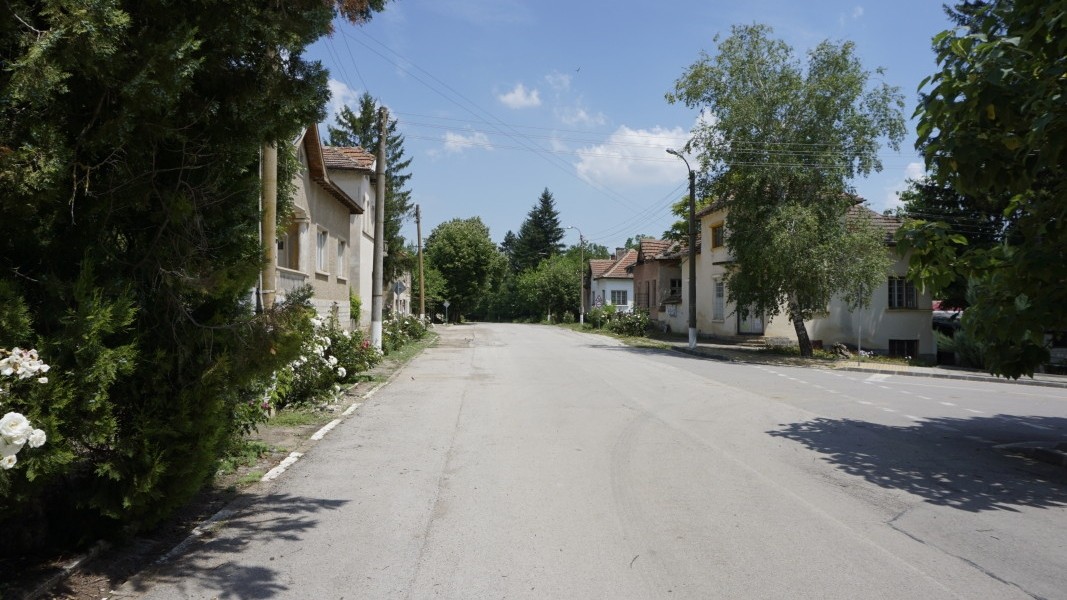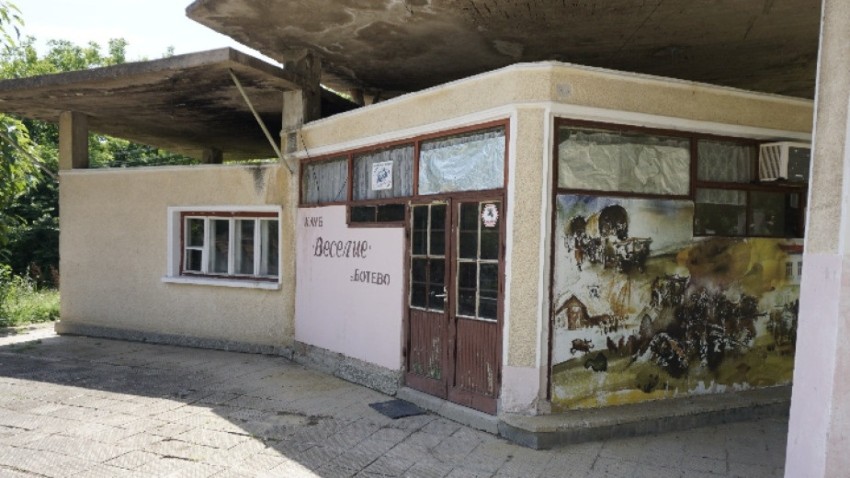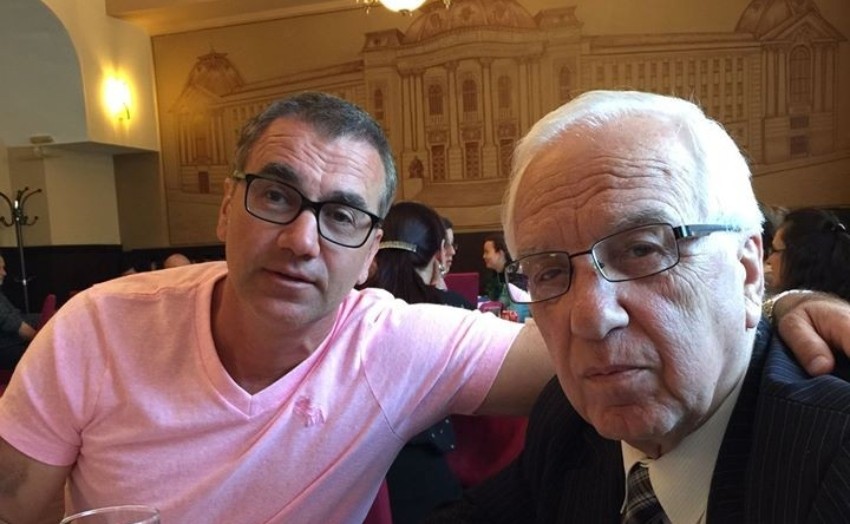Fifty people continue to live in the Bulgarian village of Botevo. The Thracians were the first to settle in the lands of the village near Vratsa (Northwestern Bulgaria), before the Romans left their mark in the area. After the Liberation of Bulgaria its inhabitants opened a school where 30 boys and 16 girls studied. Today there are no children in the village - the youngest citizen is 50-years-old and the average age is near 75. Soon only historical data might be the only thing to remind of the village and its people.

"We are cut off from the world," former mayor Yoshka Mihaylova says. “In order to go to the municipal center, we must find someone to drive us, because there are no buses. We want little things - to have electricity, water, a doctor. We do not want bars, cafes, restaurants, cinemas - just to live in peace. Our village is very nice and for all the residents of Botevo it represents Bulgaria. We don't go anywhere, this is our country, what else could we want?"
Since the outbreak of the coronavirus epidemic, no resident of Botevo has been ill. Deputy Mayor Sonya Nenkova explains this phenomenon by saying that people live in a closed community. Still, the village has its problems.

"Our biggest problems are with the electricity distribution company and the telecommunications companies," she says. “Sometimes there is no electricity for a whole day and having no internet connection in the 21st century seems unreal. If we had children in the village, I don't know how they would have studied online. In Botevo, two or three people have cars and help the whole village when necessary. A doctor comes to us once a week and they bring us bread four times a week. There are no job opportunities - only from the municipality under employment programs, if there were any. And yet this is the most beautiful and peaceful village with its forest, a dam, river. Its inhabitants are intelligent and educated people."
People in Botevo are proud of their fellow townsmen, famous with their successes in art, medicine, military work. Among them is 95-year-old Sava Tsonovski, master of Bulgarian watercolor.

"I am like a migratory bird - in the winter I live for five months in Sofia and I live in the village for 7 months", the artist says. “In Sofia I feel tied up while in the countryside I have freedom. In Botevo I do everything, for example I mow the grass in the yard... I love my native village very much, I love the field with the distant horizon and the bright strip that connects it to the sky; I love nature.”
Hristo Mermerski, author of 13 books in the field of healing and healthy eating, was born in Botevo. His son, Yonko Mermerski, is a professor of chemistry and interpreter in Washington.

"Every time I go to Botevo, I start crying. It is very sad that this pretty village which used to be bustling with life where children were making noise in the street, has become nearly desolate and nature is taking over everything. I sincerely hope that at least God will somehow help for the reviving of this Bulgarian region.”
Compiled by: Diana Tsankova /based on interviews by Katya Borisova and Nedka Lilkova from BNR-Vidin/
English: Alexander Markov
Photos: BNR-Vidin
Athens is under pressure to sell fighter jets that would be delivered to Ukraine Greece is reluctant to provide high-tech military equipment that could be used against Russia, reports BNR’s correspondent in Greece Katya Peeva...
A clay pot and a wooden bucket from the village of Momchilovtsi are part of an exhibition at the Milk Museum, which has just opened in Shanghai , the village's mayor, Siika Surkova, told the Bulgarian news agency BTA. Representatives of the..
Bulgarian scientist Dr. Vladimir Kefalov has been awarded a prestigious alumni prize by Boston University’s Graduate Medical Sciences Faculty, the Bulgarian Consulate in Los Angeles announced on Facebook, cited by BTA. “This recognition by Boston..
The virtual space where you can find information about Bulgarian restaurants in Berlin, the services offered by Bulgarian craftsmen, as well as addresses..
From today until 28 October, Vidin will transform into a cultural hub to celebrate its patron saint's day - St Dimitar's Day (Dimitrovden). The new..
How to preserve and maintain public trust in media - this is the central topic for participants in the Public Broadcasters..

+359 2 9336 661
